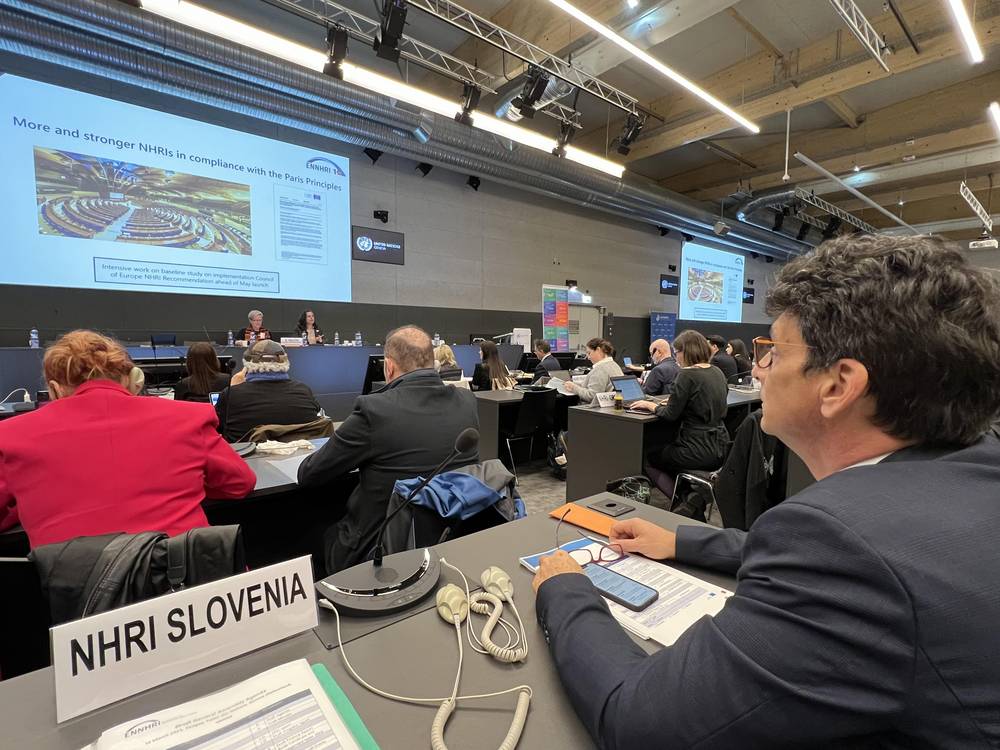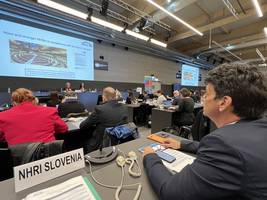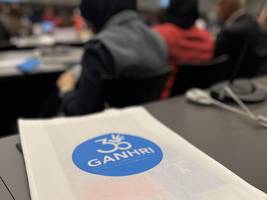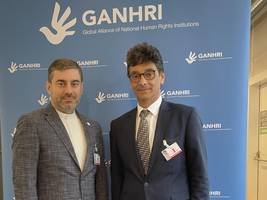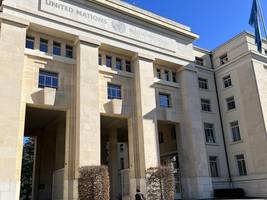In the Palais des Nations in Geneva, Switzerland, the Human Rights Ombudsman Peter Svetina participated at the annual meeting of the Global Alliance of National Human Rights Institutions (GANHRI), which unites more than 110 national human rights institutions worldwide, including that of Slovenia. It connects regional networks from Africa, Americas, Asia Pacific, and Europe, which, despite substantial development of international human rights standards in different countries around the world, still encounter systematic and gross violations of human rights. Poverty, inhuman practices, inequality, intolerance, racism, discrimination, environmental questions connected to overexploitation of the planet, armed conflicts, suppression of freedom of thought along with epidemics and natural disasters cause great distress for people and far-reaching consequences for countries. Thus, representatives of national human rights institutions once again emphasised the importance of global responsibility since the divide between the normative protection of rights and actual existence of mechanisms for their protection is still too great. Upon this year’s 30th anniversary of the Paris Principles and 75th anniversary of the Universal Declaration on Human Rights, the fundamental documents for the operation of national human rights institutions, they again called upon states to selflessly respect the dignity of everyone, solidarity, and collaboration and networking which are the key to the building or strengthening of strong, inclusive, and resilient communities.
“Each in their respective field, starting at the top of the state, we should all put the most vulnerable among us first. People we often forget are not statistical data but have first and family names”, said Ombudsman Svetina in Geneva. He believes that in the developed world the only healthy society is one in which, based on the rule of law and democratic standards achieved with much effort, its immune system, comprising active civil society, free and independent media, autonomous academia, and other active members of society, works well. As extremely important, Svetina emphasised the independent supervisory institutions, which are the critic and motivator of the authorities to be active in fields where they are not but should be. The Paris Principles, adopted by the UN General Assembly in 1993, are one of those international documents that define the standards for the operation of national human rights institutions – they determine their independence, existence, composition, mandates, and, especially, competencies.
“In addition to collaboration and the sharing of best practices with established institutions, they are immensely important not only for developed democracies but also for all states that strive to achieve a higher standard of human rights protection”, said Ombudsman Svetina. He recalled that since January 2021, the Human Rights Ombudsman of the Republic of Slovenia has been accredited with status A according to the Paris Principles, which is the highest possible status an individual national human rights institution can reach. The Human Rights Ombudsman of the Republic of Slovenia is a valued international partner. In recent years, the institution has been actively sharing experience, findings, and best practice examples from its work with partners from abroad both within the European Network of National Human Rights Institutions (ENNHRI) and bilaterally, including with institutions from Cyprus, Greece, Türkiye, Austria, Macedonia, and Croatia”, added Ombudsman Svetina.
As part of the annual meeting of the GANHRI, its European section also held a meeting, while on the margins of the event, Ombudsman Svetina held many bilateral meetings, including one with Ambassador Anita Pipan, the permanent representative of the Republic of Slovenia with the UN Office and other international institutions in Geneva, with whom they agreed that national human rights institutions have a crucial role in promoting and monitoring the implementation of international human rights standards.
